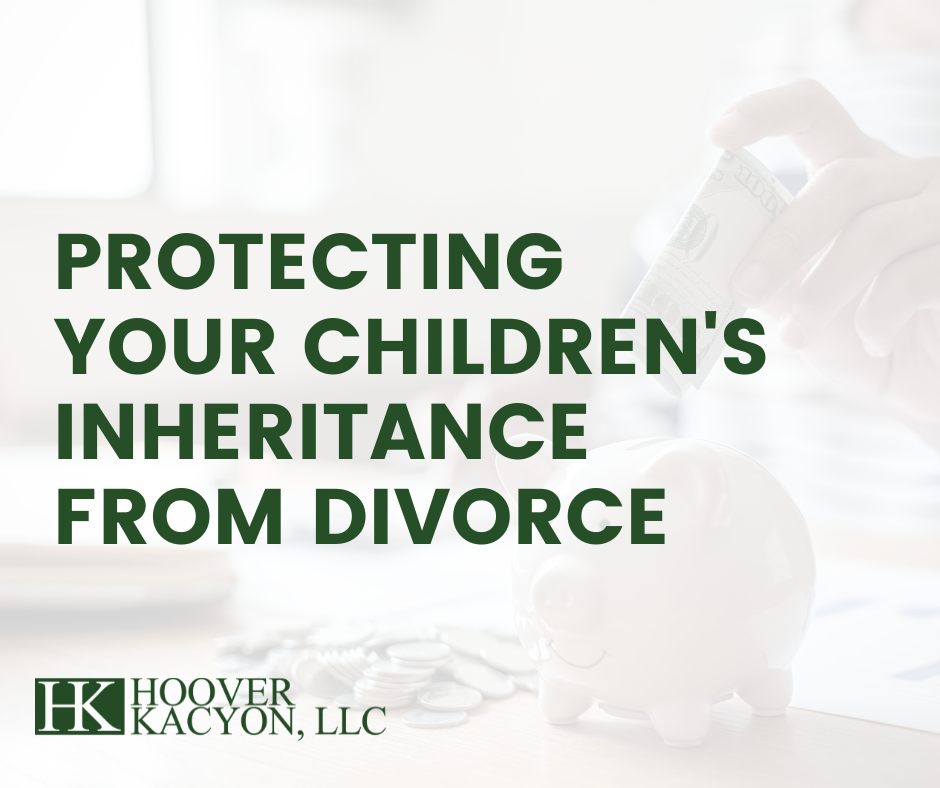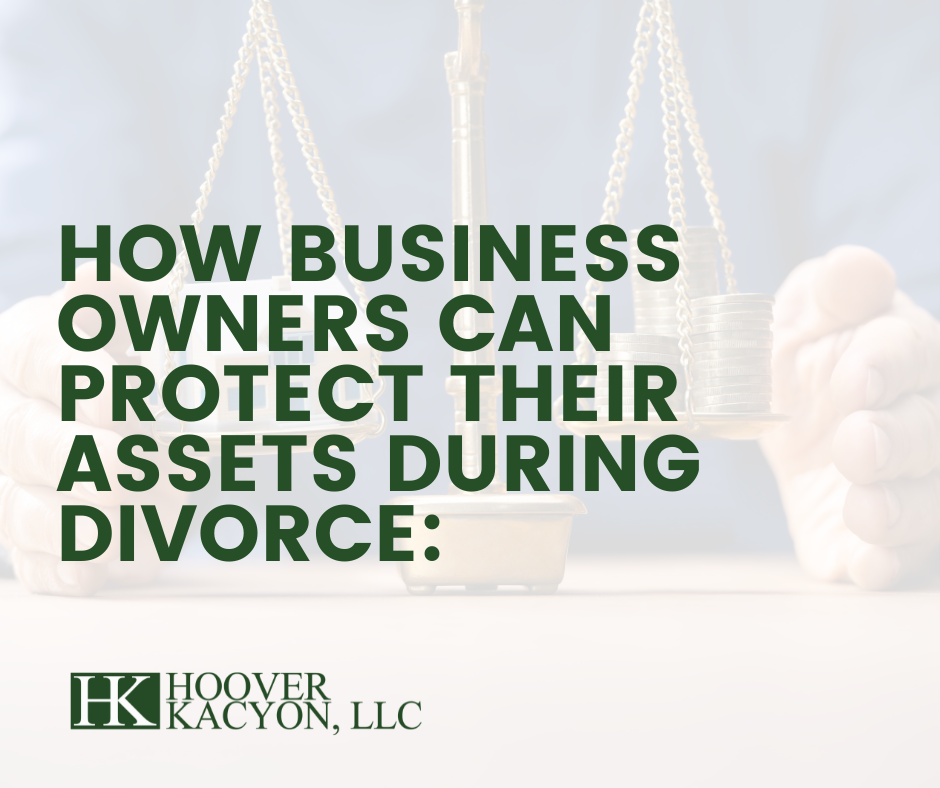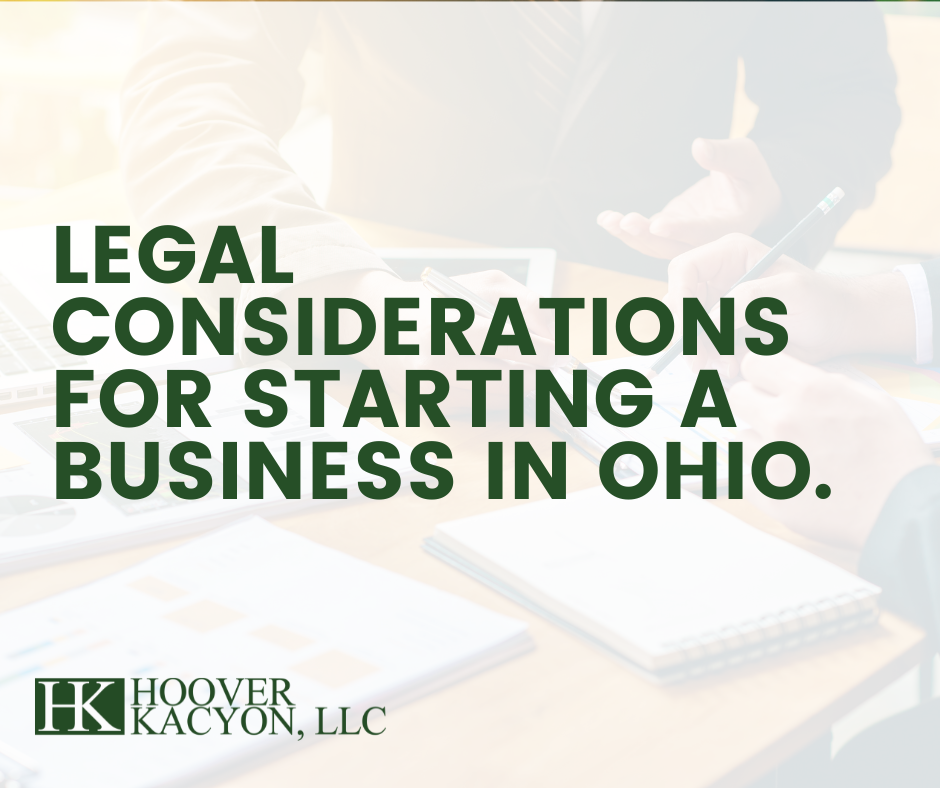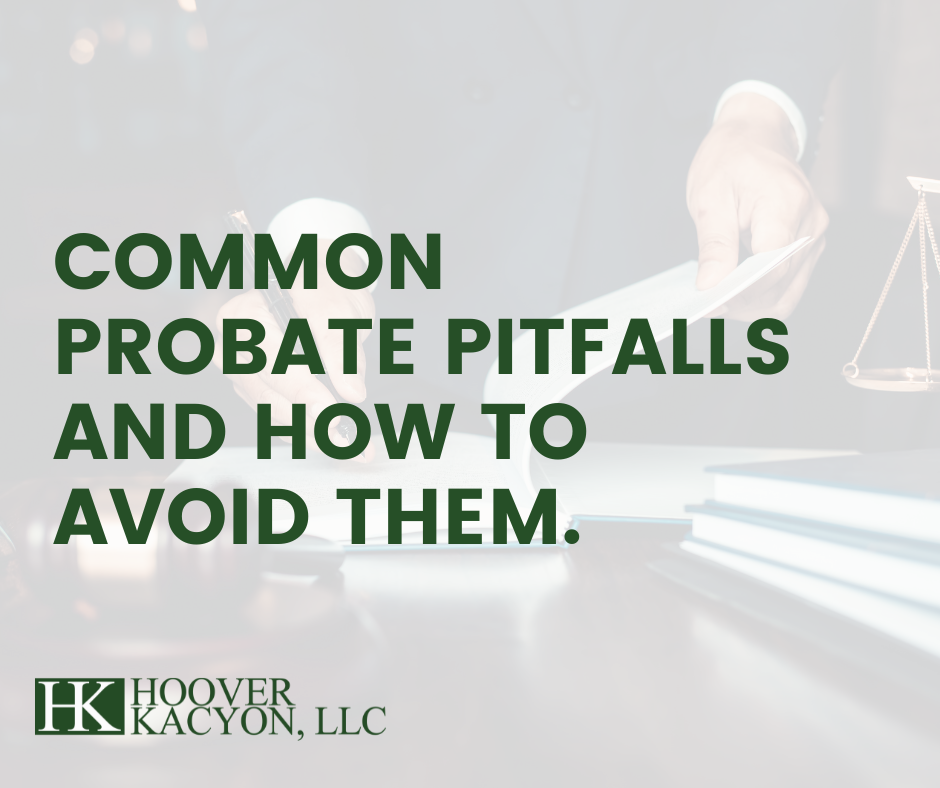Business owners need to understand the difference between individuals providing services as an employee or an independent contractor. If an individual is an employee, you (as the employer) are responsible for paying and withholding taxes for wages paid to an employee. With independent contractors, the individual is responsible for paying their own taxes. Most independent contractors will receive a Form 1099 at the end of the year, whereas employees receive a W-2.
The facts underlying an individual’s employment contract determine the relationship between the individual and the company utilizing the employee’s services. State laws typically establish the criteria for identifying the employment designation.
The Ohio Administrative Code1 helps to define the criteria used to determine if a party is an independent contractor, which includes:
- The worker does not appear on a public employer’s payroll.
- The worker must provide their supplies and equipment and supply and pay for their assistants.
- A worker who is not controlled or supervised by the company’s personnel.
The Ohio Revised Code2 also establishes criteria for what defines an employee, including:
- The worker is required to have specific training.
- The worker is hired, supervised, or paid by the contracting party.
- The contracting party sets the worker’s hours.
- The contracting party provides the worker’s tools and materials.
However, it is not just for tax purposes that understanding the difference between an employee and an independent contractor is essential; it is also vital for insurance and worker’s compensation. As with many business dealings, it could end up having costly repercussions if not properly understood. Speaking with a competent business attorney could save you from legal and financial woes later on. It is crucial to choose an attorney you trust and feel comfortable with and one who understands your business.
If you believe you need to talk to an attorney regarding the setup of a business, business litigation, contract formation or litigation, or any other commercial or corporate law needs, contact our office at 330-922-4491 or through our contact page to schedule an initial consultation.
https://codes.ohio.gov/ohio-administrative-code/rule-145-1-42
Find a full list and definitions at:
https://codes.ohio.gov/ohio-revised-code/section-4123.01.
Recent Posts









YOU MIGHT ALSO LIKE









